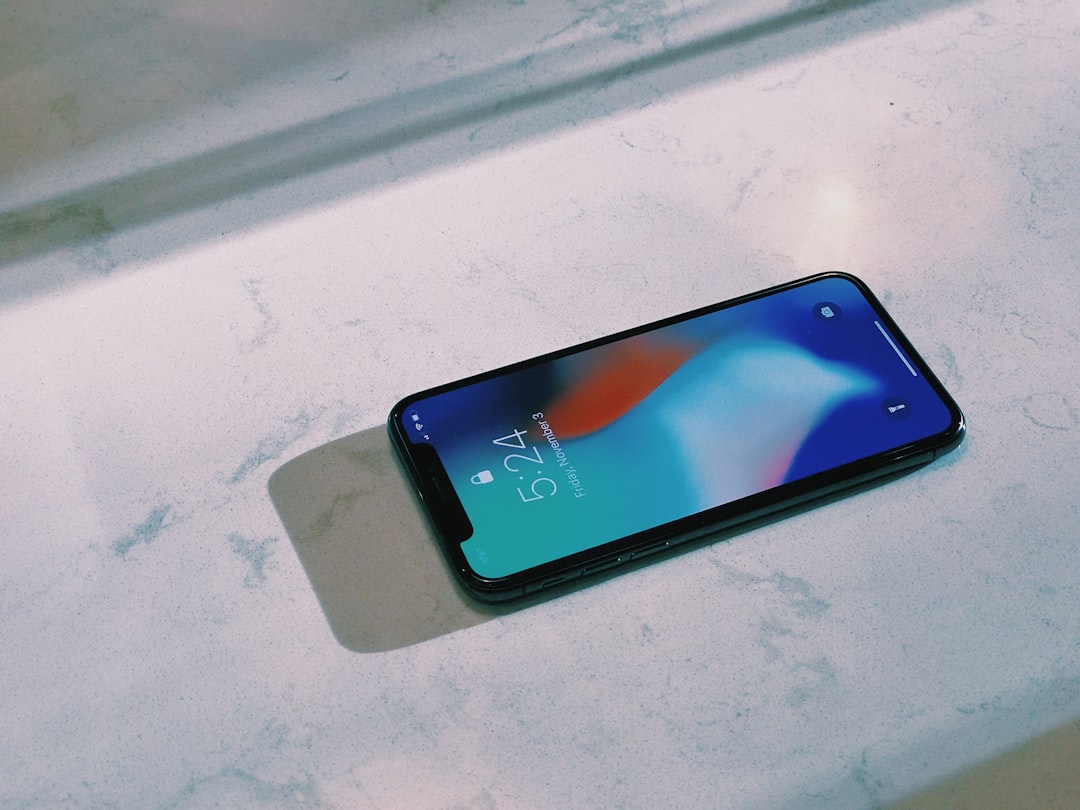In New Jersey, individuals can sue for damages if they receive robocalls or spam texts without prior consent, as per the Telephone Consumer Protection Act (TCPA). Specialized spam call law firms can guide consumers through these regulations and help determine legal action options. Choosing the right firm, with expertise in telecommunications law and a proven track record in TCPA cases, is crucial for achieving justice against unwanted automated calls.
Tired of relentless robocalls? You’re not alone. In New Jersey, these automated calls have become a common nuisance. But do you have the right to take action? This article explores your options under state laws, particularly focusing on the Telephone Consumer Protection Act (TCPA). We’ll guide you through when and how to sue for robocalls in New Jersey, and introduce you to expert spam call law firms and lawyers who can help. Understanding your rights is crucial, so let’s dive into the details of can I sue for robocalls New Jersey.
Understanding Robocalls and Relevant Laws in New Jersey
Robocalls, automated phone calls or text messages sent to multiple recipients, have become a ubiquitous yet often unwanted part of daily life. In New Jersey, as in many states across the country, these automated communications are regulated by laws designed to protect consumers from intrusive and deceptive practices. The Telephone Consumer Protection Act (TCPA) is one such key piece of legislation that restricts how businesses can use automated technologies for marketing purposes. This law grants individuals the right to sue for damages if they receive robocalls or text messages without prior consent, especially when these communications are considered spam.
New Jersey’s Spam Call laws, in conjunction with the TCPA, provide a framework for consumers to hold offenders accountable. If you’ve received unwanted robocalls or texts, you might have options to take legal action. A reputable spam call law firm or lawyer for TCPA in New Jersey can guide you through these regulations and help determine if you have a valid case to sue for robocalls. Understanding your rights under these laws is essential, especially given the increasing prevalence of automated communication in marketing strategies.
When Can You Sue for Robocalls? Exploring the Legal Options
If you’re receiving unwanted robocalls in New Jersey, you may be wondering if you have any legal recourse. The good news is that yes, you can sue for robocalls in New Jersey under certain circumstances. The Telephone Consumer Protection Act (TCPA) of 1992 prohibits automated or prerecorded calls to mobile phones and home telephones unless the caller has obtained prior express consent from the recipient. If your number has been called without your permission, you may have a case for legal action.
In New Jersey, as in many states across the country, spam call law firms specialize in handling TCPA violations. These lawyers can help you navigate the complex legal landscape surrounding robocalls and determine if you have grounds to sue. If successful, you could be entitled to monetary damages, which may include treble damages, meaning three times your actual harm, plus attorney fees. Don’t hesitate to consult a spam call lawyer in New Jersey to explore your options and protect your rights.
Choosing the Right Spam Call Law Firm or Lawyer in New Jersey
When considering whether to sue for robocalls in New Jersey, choosing the right spam call law firm or lawyer is paramount. You’ll want a legal team that specializes in telecommunications law and has a proven track record of success in handling TCPA (Telemarketing Consumer Protection Act) cases. Look for firms that offer free consultations and have a clear understanding of your rights under New Jersey’s anti-robocall laws.
Research their approach, reputation, and client testimonials to gauge their effectiveness. Ensure they stay updated on the latest legal developments related to spam calls, as this constantly evolving area of law demands expertise and adaptability. Engaging with a well-versed spam call lawyer in New Jersey significantly increases your chances of achieving justice and receiving compensation for unsolicited calls.






